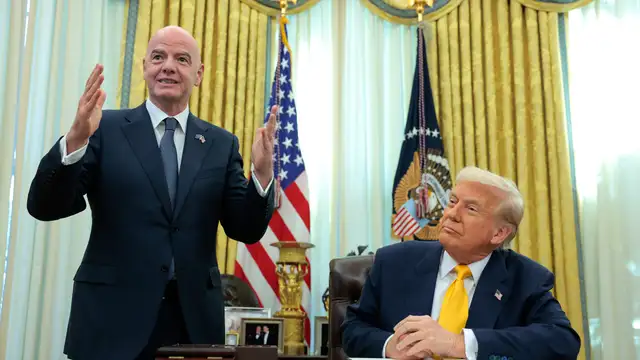
Optimism and Worry Surround 2026 World Cup as Federal Support and Visa Issues Take Center Stage
The 2026 World Cup promises to be the biggest sporting event ever hosted on U.S. soil — a spectacle stretching across 11 cities, with millions of fans pouring in from every corner of the globe. Yet while excitement continues to build, concerns over logistics, security, and, most notably, visas are causing some understandable anxiety among organizers. Recent developments offer reasons for both optimism and worry around the 2026 World Cup, with federal support looking more likely, but serious visa concerns still lingering.
Federal Support for 11 U.S. Host Cities Possible Amid Optimism Around 2026 World Cup
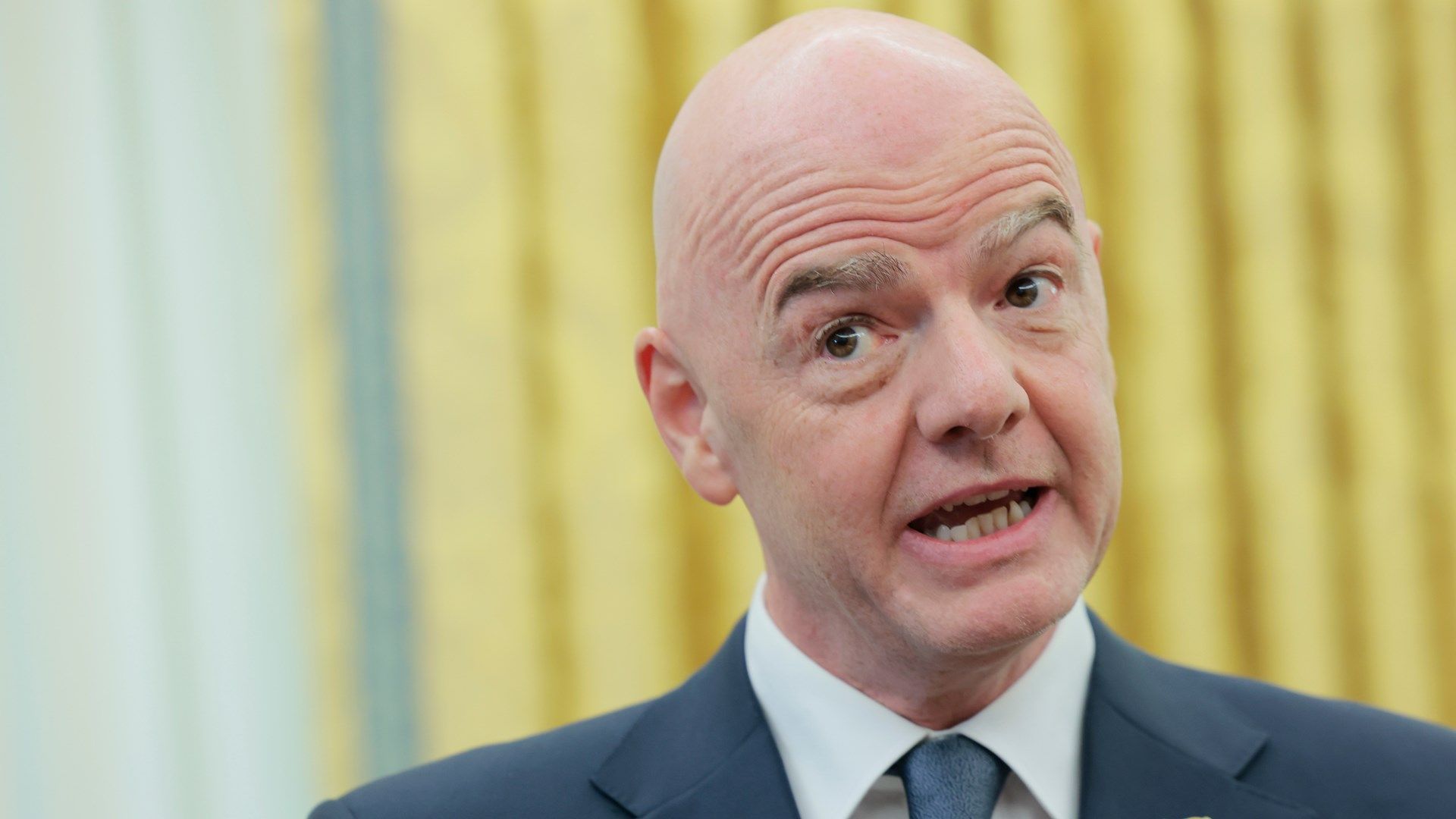.jpeg?auto=webp&format=pjpg&width=3840&quality=60)
Federal Support for 11 U.S. Host Cities Possible Amid Optimism Around 2026 World Cup
The past few months have seen critical conversations take place behind closed doors between FIFA President Gianni Infantino and officials at the White House. According to reports from Sports Business Journal, these meetings have generally been positive, leading host cities and event stakeholders to feel increasingly optimistic about the federal government’s involvement.
Representative Darin LaHood (R-Ill.), co-chair of the Congressional Soccer Caucus, summed it up best: “[The World Cup] is going to be an unbelievable opportunity to showcase the United States, but we’re going to have to be prepared from a security standpoint, from a logistical standpoint, to make sure this happens the way that it does.”
One of the most significant updates came with the announcement that former President Donald Trump will chair the newly established World Cup Task Force. Trump’s involvement adds a high-profile political presence to the event’s preparations. In addition, Andrew Giuliani — the son of longtime Trump ally Rudy Giuliani — is expected to be named executive director of the Task Force, overseeing day-to-day operations.
Peter Tomozawa, CEO of the Seattle Host Committee, noted the importance of the move, saying, “We have been advocating for the White House before this administration to create the World Cup Task Force. And we’re very pleased to see it come together.”
Federal engagement could prove crucial, especially as cities juggle complex requirements around public safety, transportation, and emergency response during what will be one of the most logistically challenging tournaments ever staged.
Visa Concerns Linger as Worry Around 2026 World Cup Grows
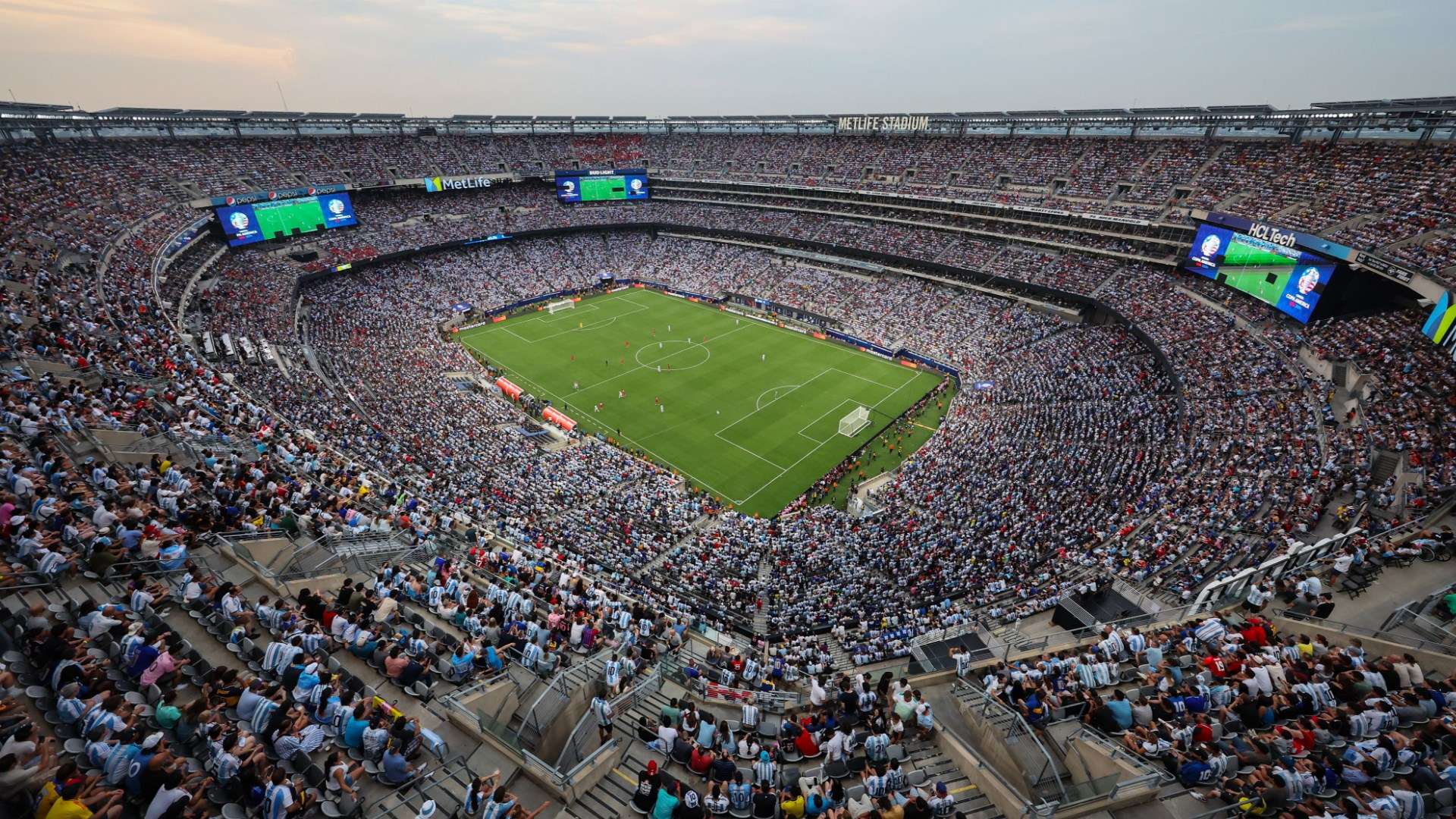
Visa Concerns Linger as Worry Around 2026 World Cup Grows
While federal backing provides a much-needed boost, there’s still plenty of reason for worry around the 2026 World Cup — and it largely centers on visa issues.
FIFA President Gianni Infantino emphasized that the U.S. government has given assurances that travelers will be welcomed during the tournament. However, the actual visa process paints a less rosy picture.
“It is very important we have the engagement of the different government agencies to make sure that security is guaranteed, that fans can travel to the U.S. and around the U.S., that transportation is working perfectly, that the world will be welcomed,” Infantino told The Washington Post.
The reality is that visa wait times are alarmingly long for many nations expected to send teams and fans to the 2026 World Cup. Less than half of the countries likely to qualify for the tournament are part of the Visa Waiver Program, which allows for short-term travel to the U.S. without a visa. For the rest, securing a visa could be a major hurdle.
Data from the Sports Business Journal outlines the challenge clearly:
-
Colombia: 507 days wait time
-
Nigeria: 377 days
-
Mexico: 350 days
-
Ivory Coast: 280 days
-
Costa Rica: 279 days
And then there are even more complex scenarios. Countries subject to restrictions under the Terrorist Travel Prevention Act, like Iran (already qualified for the tournament), face much steeper hurdles to getting travel approval.
In response, the U.S. State Department has already issued a warning, encouraging “prospective foreign travelers who will need U.S. visas to attend the 2026 World Cup to apply now.” Still, the combination of bureaucratic slowdowns and sheer volume of applications could lead to many fans — and potentially even teams — struggling to arrive on time.
Host Cities Seek $625 Million as Part of 2026 World Cup Preparations
Beyond the visa troubles, financial support remains a major priority for the 11 U.S. host cities. They are jointly lobbying the federal government for $625 million in appropriations to help cover the enormous costs associated with security, transportation, and emergency services.
Under the agreements signed with FIFA, the host cities themselves are responsible for these costs, making federal assistance critical to avoiding significant local budget strains. With security being a central issue — especially given the scale of the event — cities are pushing hard to ensure funding is secured sooner rather than later.
Did You Know? Excitement Builds Around 2026 World Cup Host Posters
Amid all the serious conversations about security and visas, there are still moments of pure celebration. FIFA recently unveiled its 2026 World Cup host city poster series, including the one for the NY/NJ region, where the final will be held. The posters have helped bring some much-needed buzz and energy to the build-up, reminding everyone why this tournament is so special in the first place.
Each host city’s artwork reflects its unique cultural identity — from the sunny beaches of Miami to the bustling energy of New York and New Jersey. It’s a creative project that has captured imaginations worldwide and fueled anticipation for what’s to come.
What’s Next for FIFA as 2026 World Cup Preparations Continue?
While preparations for the 2026 World Cup dominate FIFA’s focus, there’s another major tournament just around the corner: the expanded 2025 Club World Cup, set to kick off this summer on June 14. That event will serve almost like a test run for some logistical aspects that could influence World Cup planning.
As for the World Cup itself, meetings between FIFA officials, the White House, and city organizers are expected to intensify over the coming months. Visa processing will remain a priority issue, along with finalizing transportation infrastructure, policing plans, fan engagement programs, and health and safety protocols.
With federal support now beginning to materialize — and the enthusiasm of millions of fans fueling the momentum — the 2026 World Cup still promises to be a spectacular celebration of global football. But for now, optimism and worry remain locked in a delicate balance as the countdown to kickoff continues.























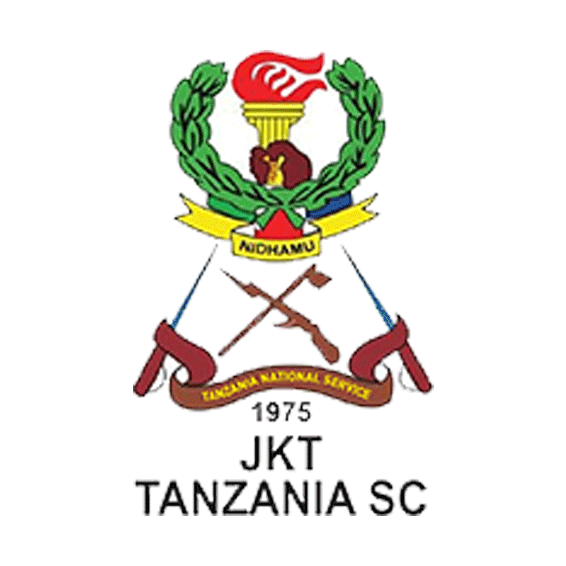




















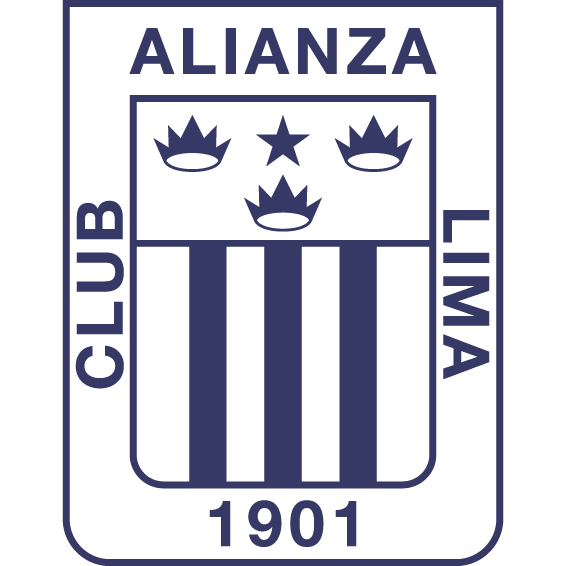





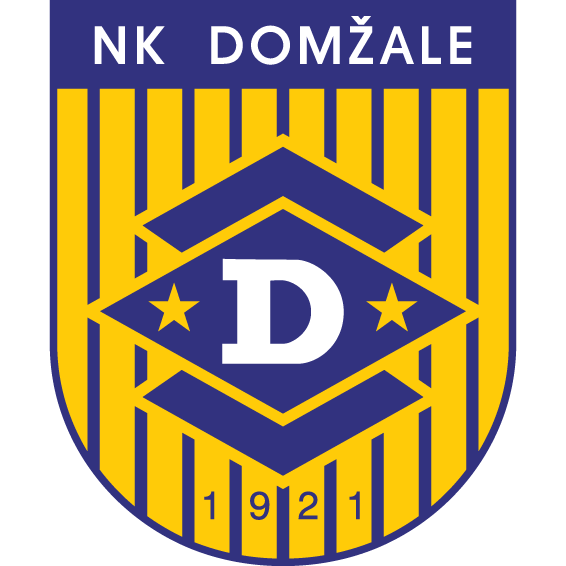

































There are no comments yet. Be the first to comment!